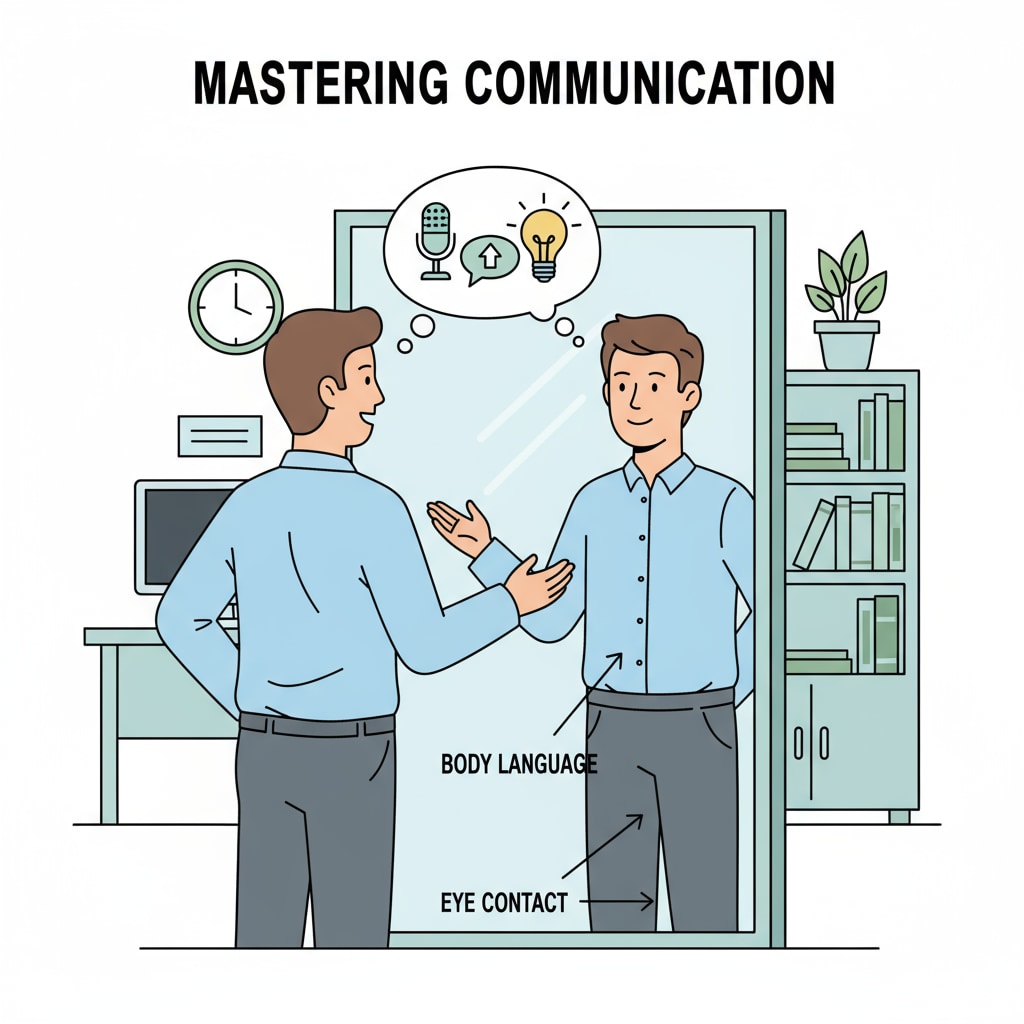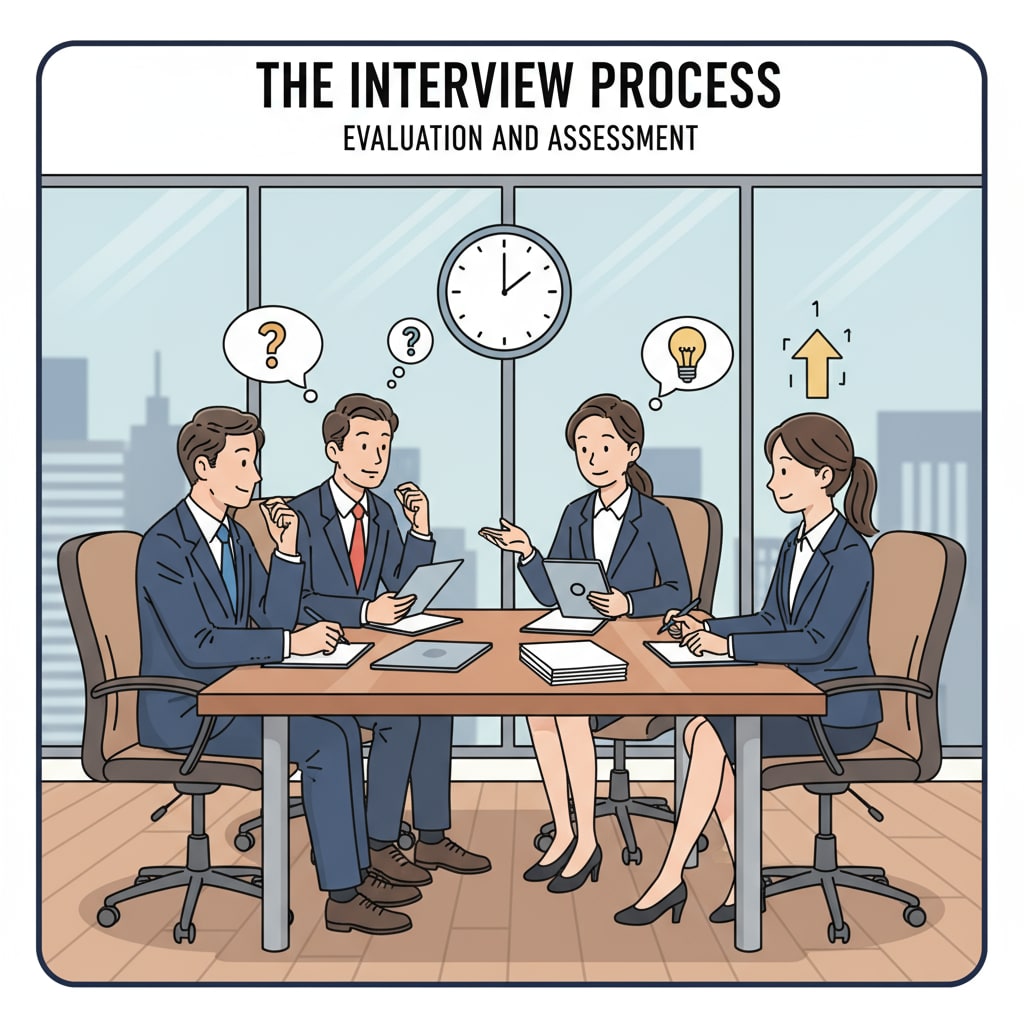Communication skills, interview preparation, and short-term improvement are crucial when you’re about to face a K12 teacher interview. In the highly competitive field of education, the ability to communicate effectively can set you apart from other candidates. In the 48 hours leading up to your interview, every moment counts. Let’s explore some practical strategies to enhance your communication skills and increase your chances of success.

Understanding the Interviewer’s Perspective
Before diving into communication drills, it’s essential to understand what the interviewer is looking for. They want to see how well you can convey complex ideas, engage with students, and collaborate with colleagues. By putting yourself in their shoes, you can tailor your communication approach. For example, emphasize your ability to simplify difficult concepts, as K12 students have varying levels of understanding. Insights on teaching interview preparation

Practice Active Listening
Active listening is a fundamental communication skill. In the 48 hours before the interview, practice this by engaging in conversations with friends or family. Focus on understanding their viewpoints, asking clarifying questions, and providing appropriate responses. This will not only improve your listening skills but also your ability to respond effectively during the interview. As a teacher, being an active listener is key to understanding students’ needs. Learn more about active listening
Another aspect is body language. Maintain eye contact, nod to show understanding, and use open gestures. These non-verbal cues can enhance your communication and make you appear more engaged.
Polish Your Verbal Communication
Work on your vocabulary and pronunciation. Use clear and concise language, avoiding jargon that might not be understood by the interviewer or students. Practice speaking at a moderate pace, emphasizing key points. Record yourself speaking and listen back to identify areas for improvement. For instance, if you tend to mumble or speak too quickly, focus on correcting these issues.
In addition, practice storytelling. Share relevant anecdotes from your teaching experience or educational background. Stories can make your answers more engaging and memorable, helping you stand out from the competition.
Mock Interviews
Arrange mock interviews with friends, family, or mentors. They can play the role of interviewers and provide feedback on your communication skills. Pay attention to your tone of voice, the structure of your answers, and your overall presence. Use their suggestions to refine your approach in the remaining time before the real interview.
During mock interviews, also practice answering common K12 teacher interview questions. This will boost your confidence and ensure that you can communicate your thoughts clearly and effectively.
As the interview approaches, remember that these 48 hours of focused practice can significantly enhance your communication skills. By understanding the interviewer’s perspective, practicing active listening, polishing your verbal communication, and conducting mock interviews, you’ll be well-prepared to showcase your best self. With improved communication skills, you can demonstrate your suitability for the K12 teacher position and secure the job. Readability guidance: Each section here uses short paragraphs to convey key points. Lists and examples are provided to make the content easier to understand. Transition words like ‘for example’, ‘in addition’ are used to connect ideas smoothly. The focus is on clear and straightforward communication to help you master these crucial skills for your K12 teacher interview.


